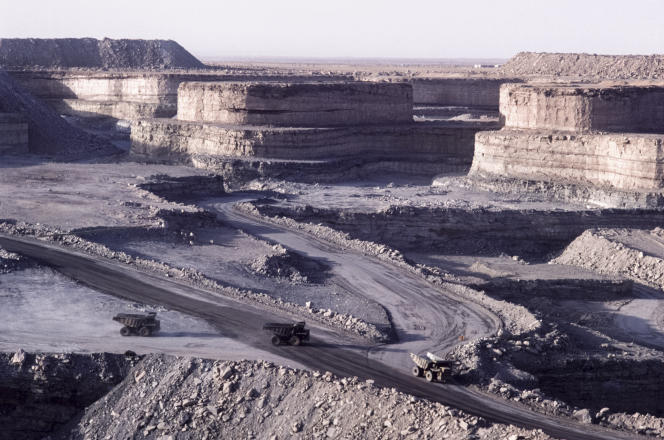The inclusion of the African Union in the G20: A step towards a more inclusive and equitable global order
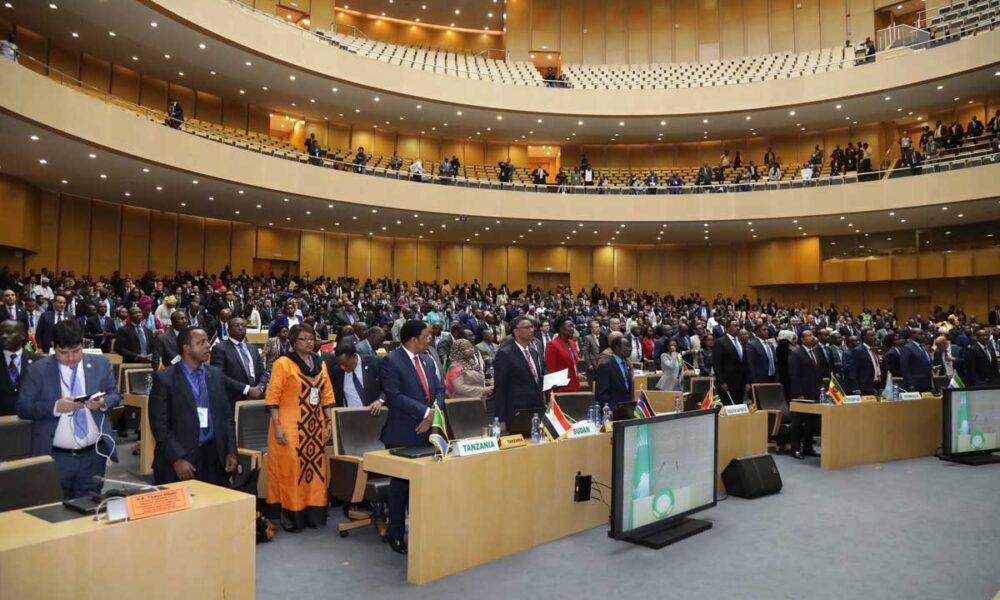
The 18th, G20 summit was hosted by “Bharat”, known as India this year. The summit was held on the 9th and 10th of September in New Delhi. During the inauguration ceremony of the summit, Prime Minister of India, Narendra Modi announced that the African Union has been granted a full membership. Azali Assoumani, president of the Union of Comoros and chair of the AU, took the seat as a full member of the G20 shortly after the announcement. This makes the G-20 summit a structure comprising of 19 countries and two regional organizations. The African Union consists of 55 states that contribute 3.4% to the world’s economy. On the contrary, the G20 summit contributes 85% or even more to the world economy.
It is important to notice that President Modi had been insisting on granting the African Union a permanent membership in the G20 summit since the the “Voice of the Global South Summit” in January 2023. The African union has a population of 1.25 billion. It was high time that Africa as a continent to be included in this summit of the world’s most developed economies because surely, Africa does have the resources to meet the demands of the world but does not have the means to extract those resources. With this bold step in the right direction, the summit will now also be able to highlight the problems of the developing world.
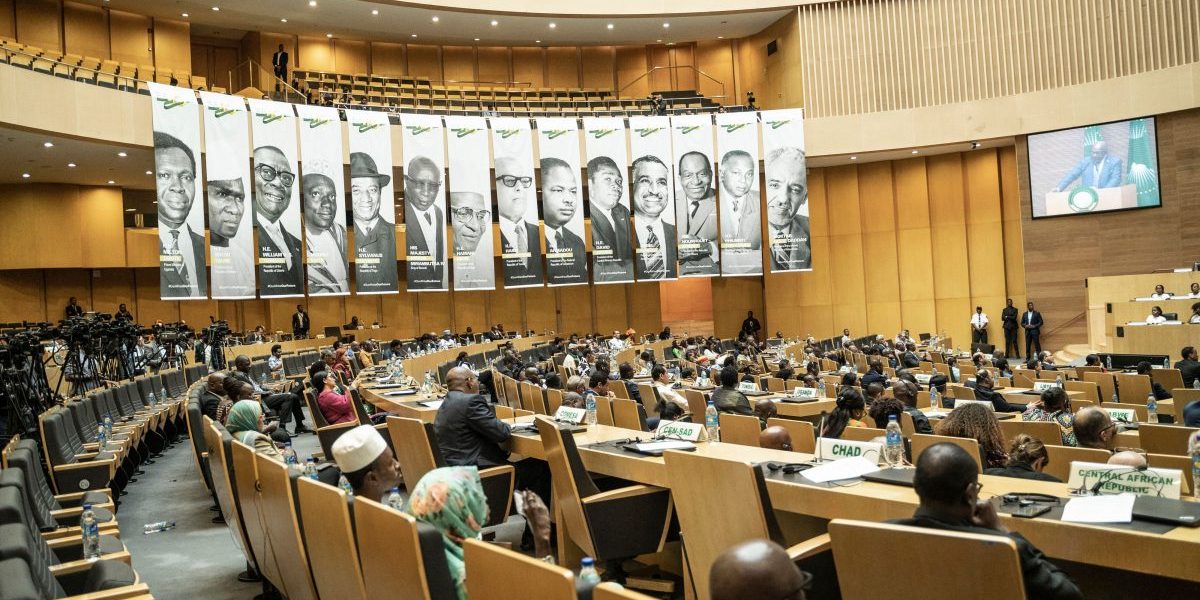 The benefits that come along with this membership are that Africa will now be able to propose collaborative mechanisms with developed economies to counter the threat posed by climate change. This initiative will also encourage the developed world to tap the potential held by African continent. The African union will be heard as a collective voice when the global powers take important decision on climate, trade, and development. This membership would enforce good governance in the continent, as all the members of the G20 are committed to ensuring good governance and democracy. This would put pressure on the African states to uphold democracy and refrain from engaging in illicit methods of rule. In addition to this, the African union will also be able to initiate policies regarding investment with respect to climate change as Africa is a continent affected most by Climate change.
The benefits that come along with this membership are that Africa will now be able to propose collaborative mechanisms with developed economies to counter the threat posed by climate change. This initiative will also encourage the developed world to tap the potential held by African continent. The African union will be heard as a collective voice when the global powers take important decision on climate, trade, and development. This membership would enforce good governance in the continent, as all the members of the G20 are committed to ensuring good governance and democracy. This would put pressure on the African states to uphold democracy and refrain from engaging in illicit methods of rule. In addition to this, the African union will also be able to initiate policies regarding investment with respect to climate change as Africa is a continent affected most by Climate change.
The biggest challenge faced by the African Union is in uniformity of opinion. The Russia- Ukraine war was a topic discussed at the G20- summit. While most of the nations in the African Union oppose the atrocities committed by Russia, some don’t. The Sahel region in Africa is taking the lead in pro-Western governments being overthrown by military dictators as a reaction to Western dominance over African security. It is speculated that these actions are motivated by the intention of joining the Russian bloc. Due to Russia’s and China’s objections to the language related to the Ukraine issue, member states have been unable to reach agreement on binding action. Based on their respective national interests, African nations responded to the Ukraine crisis, even so, that out of 54 African countries, only 28 backed the resolution; the others either abstained or opted not to attend the vote altogether over the Russia Ukraine war. This has additionally been explained as the emergence of African realpolitik. Finding an African stance that is broadly accepted, however, is still incredibly challenging. The AU’s claim to represent this enormous continent is also seriously questioned by the absence of its leadership in the mission. This puts the legitimacy of the union in question, will the union be able to take decisions with autonomy or will they be pressured into dividing themselves based on their interest.
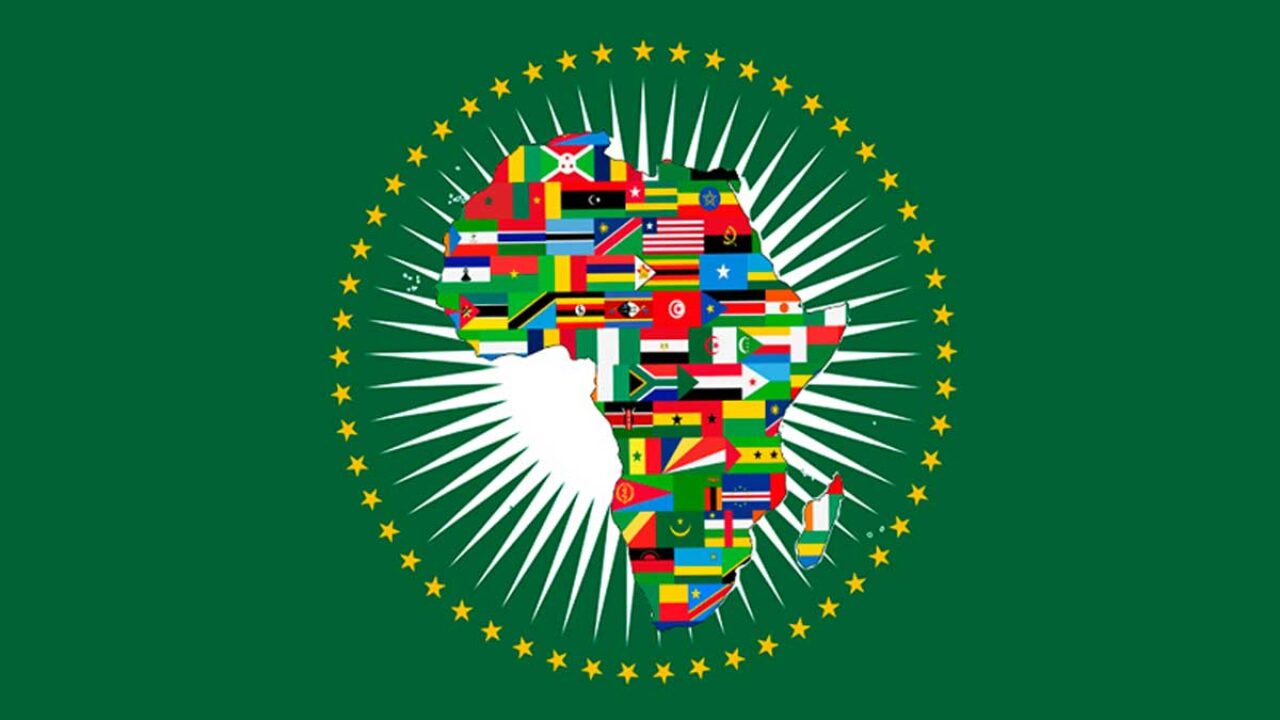 Nevertheless, the initiative taken by India is a commendable step to promote diversity and equal opportunity regardless of race or ethnicity. In my opinion, I believe this step was taken to compensate for the absence of Russia and China. This action may have been done for Russia to raise suspicion regarding its support to the African Sahel where the Western dominance is deteriorating. In the absence of China and Russia, the inclusion of the African Union in the G20 could help to balance the power dynamics within the group and make it more representative of the global community. Moreover, the Western Bloc could be a sending a message to Russia that African Union is aligned with western values and the West will meddle in the affairs of the African continent where Russia is involved economically and politically. On the contrary, It could also help to build stronger ties between Africa and the G20 countries. For example, the African Union is home to some of the world’s fastest-growing economies, such as Nigeria, Ethiopia, and Kenya. The inclusion of the African Union in the G20 would give these countries a greater say in global economic decision-making. It would also help to ensure that the G20 considers the needs of developing countries when developing its policies.
Nevertheless, the initiative taken by India is a commendable step to promote diversity and equal opportunity regardless of race or ethnicity. In my opinion, I believe this step was taken to compensate for the absence of Russia and China. This action may have been done for Russia to raise suspicion regarding its support to the African Sahel where the Western dominance is deteriorating. In the absence of China and Russia, the inclusion of the African Union in the G20 could help to balance the power dynamics within the group and make it more representative of the global community. Moreover, the Western Bloc could be a sending a message to Russia that African Union is aligned with western values and the West will meddle in the affairs of the African continent where Russia is involved economically and politically. On the contrary, It could also help to build stronger ties between Africa and the G20 countries. For example, the African Union is home to some of the world’s fastest-growing economies, such as Nigeria, Ethiopia, and Kenya. The inclusion of the African Union in the G20 would give these countries a greater say in global economic decision-making. It would also help to ensure that the G20 considers the needs of developing countries when developing its policies.
Finally, There are some challenges that need to be addressed, such as ensuring that the African Union has a meaningful and influential voice within the group. However, the benefits of the African Union’s membership in the G20 outweigh the challenges. The African Union’s membership in the G20 is a sign of the growing importance of Africa in the global economy. It is also a sign of the commitment of the G20 countries to working together to build a more prosperous and sustainable future for all.
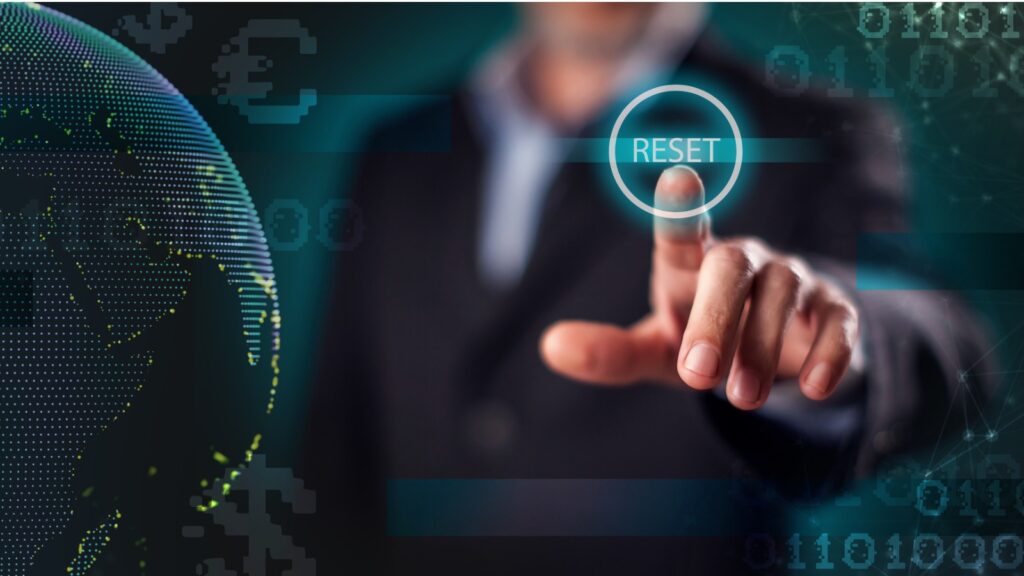
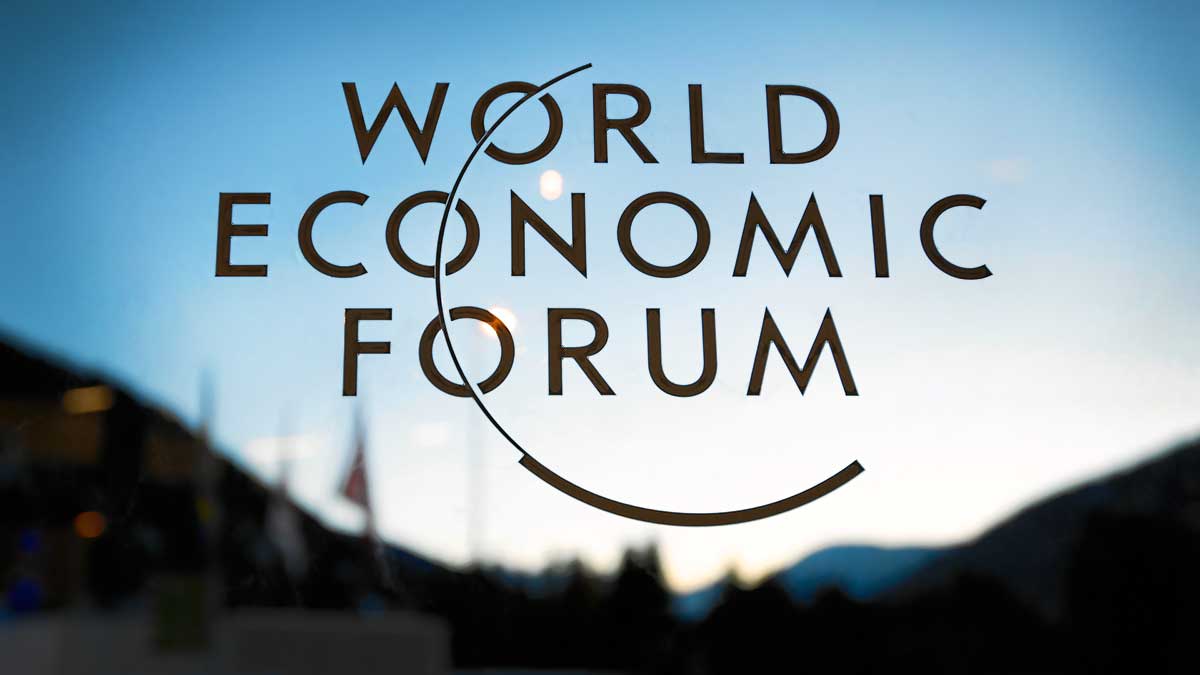

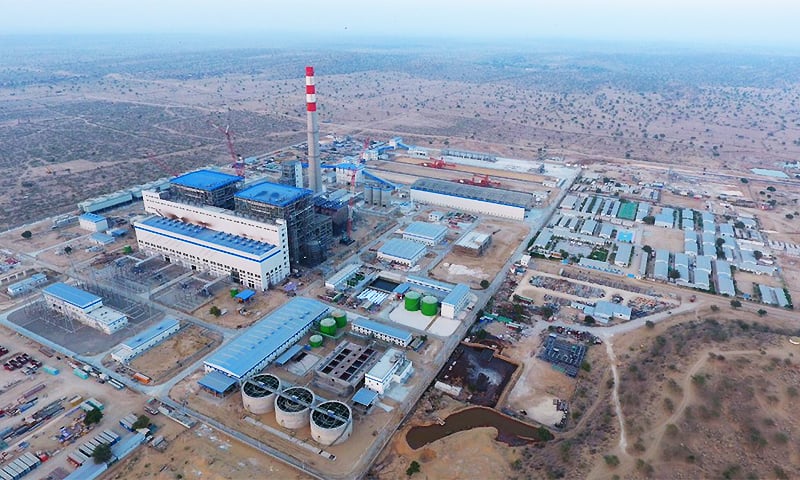
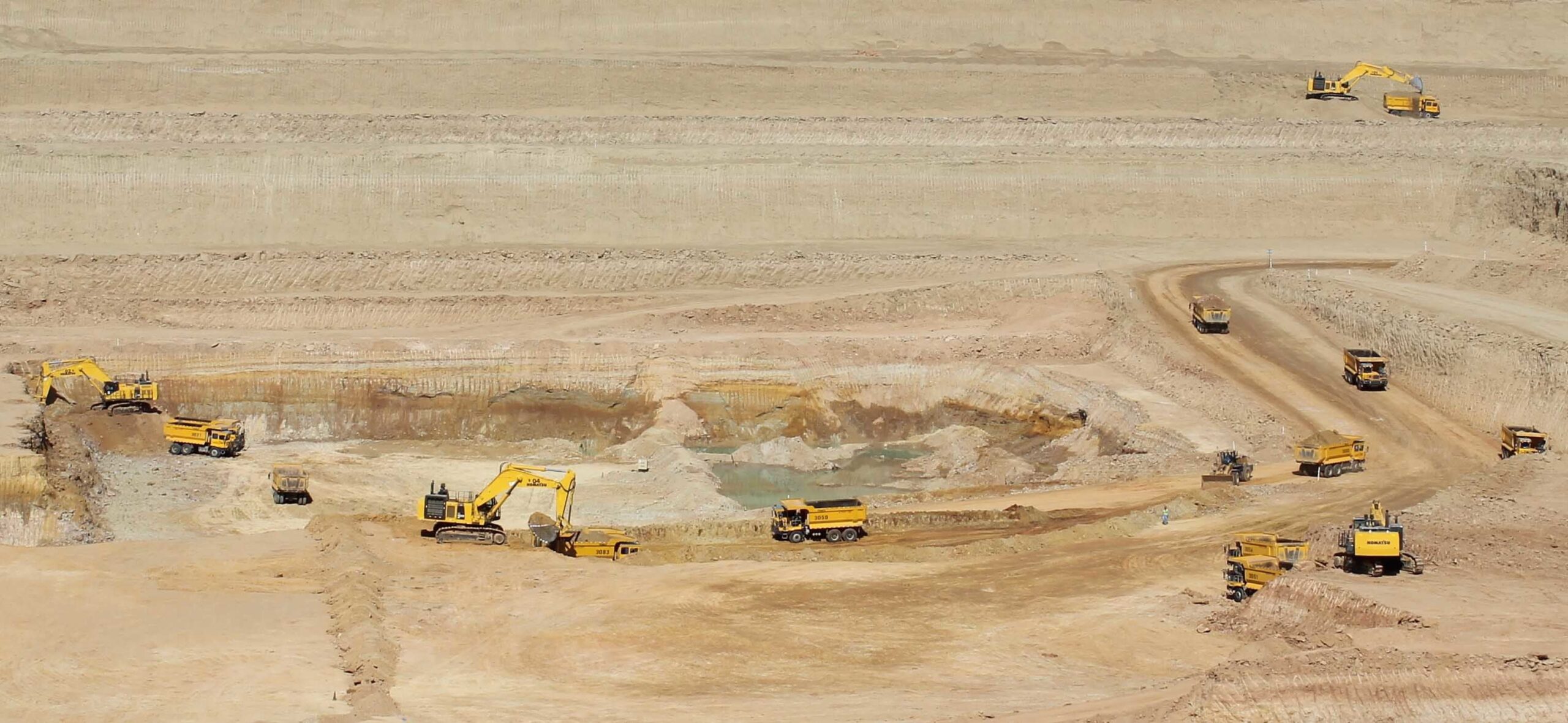
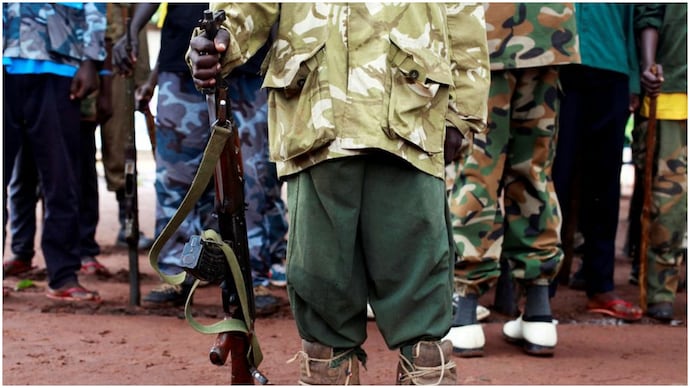
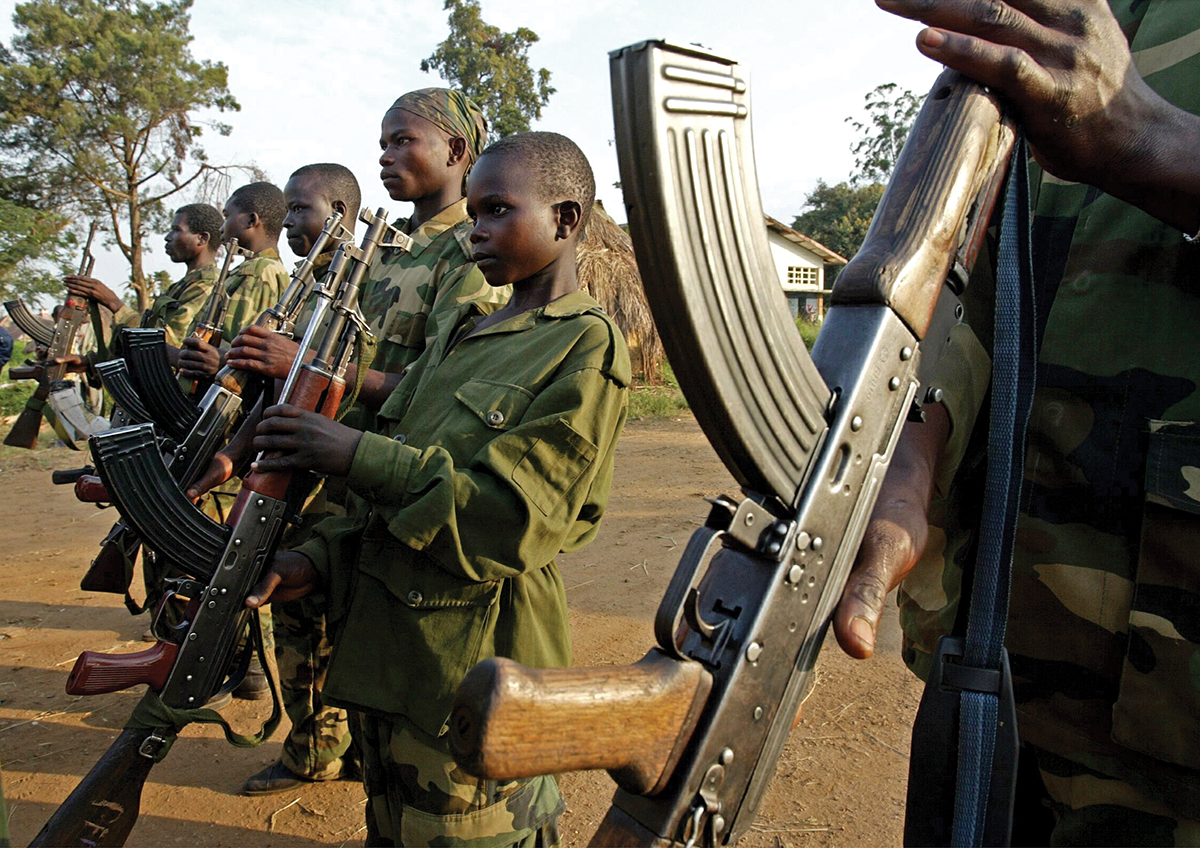
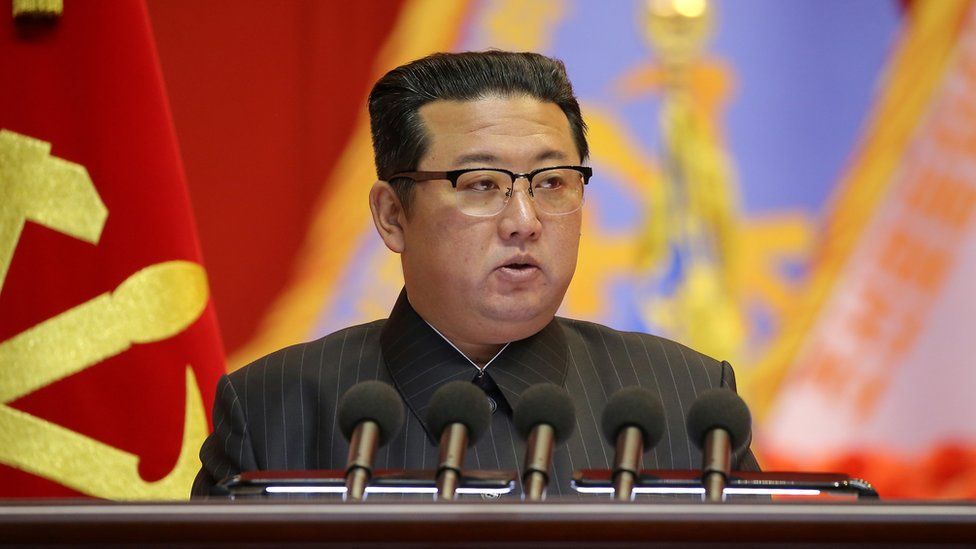
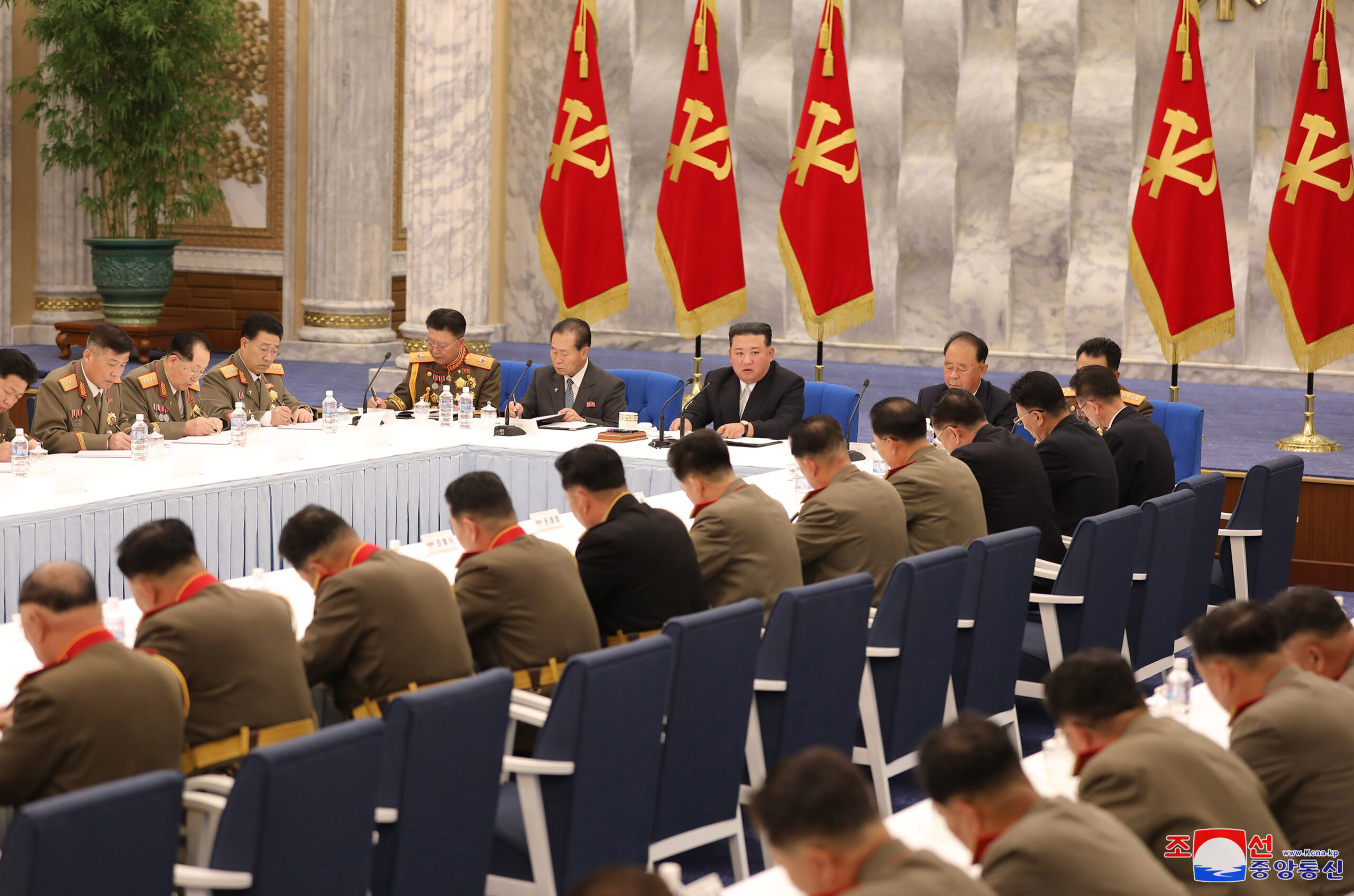
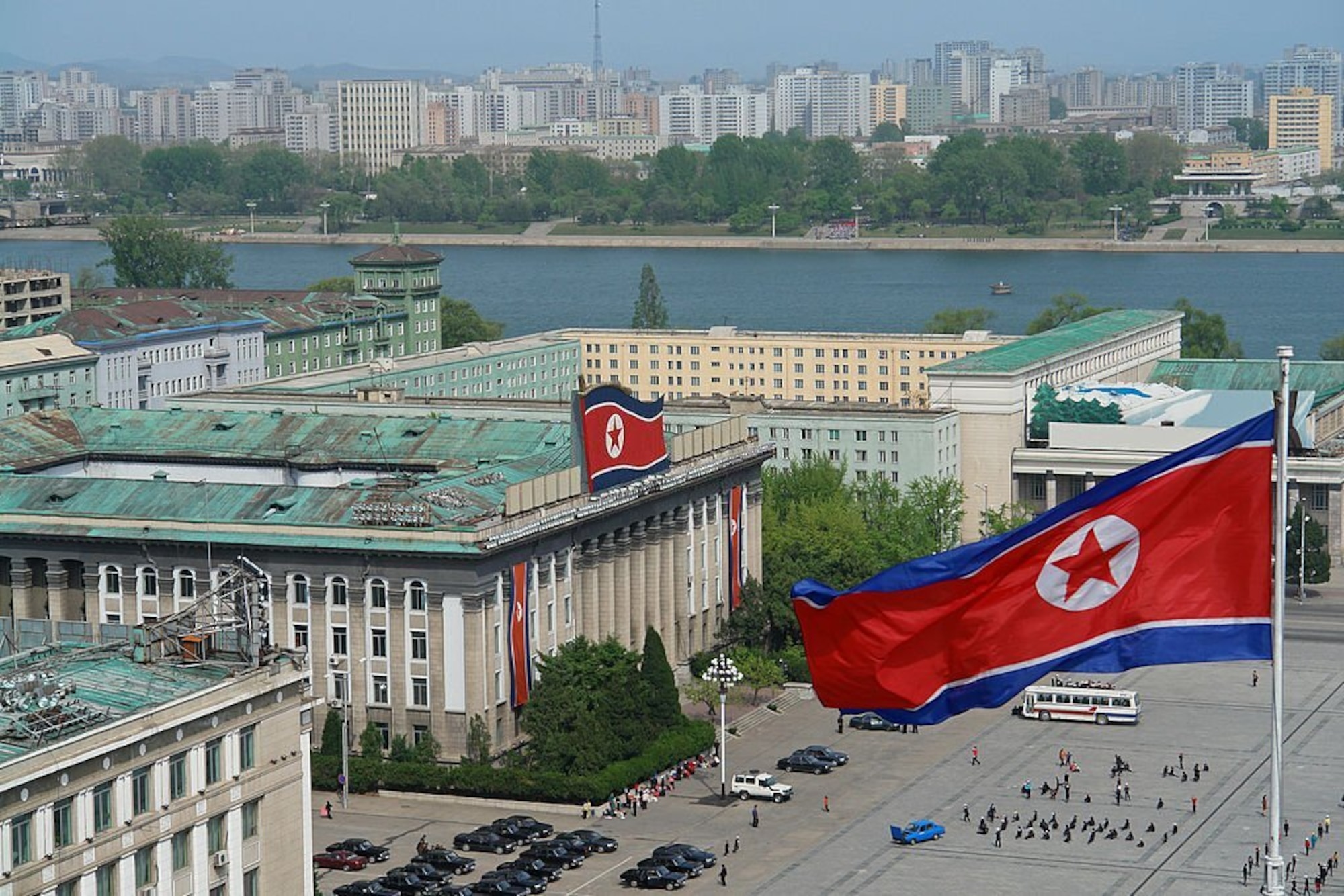

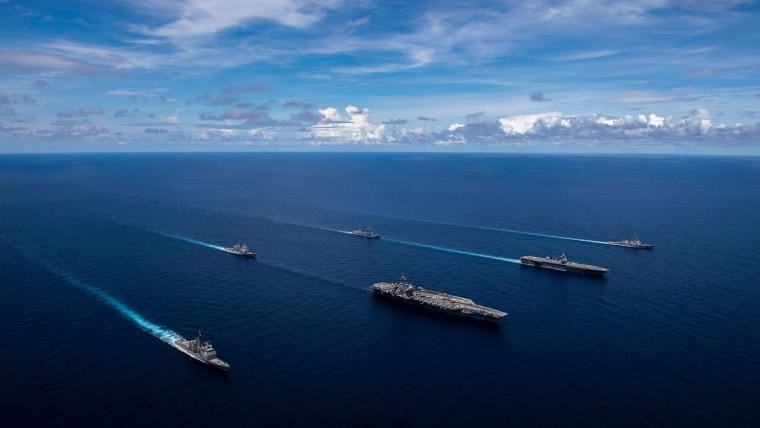
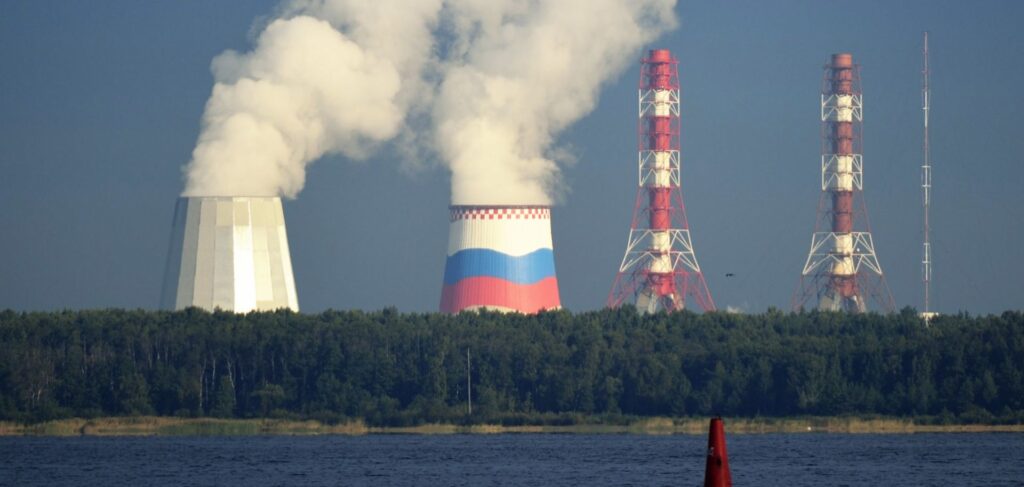
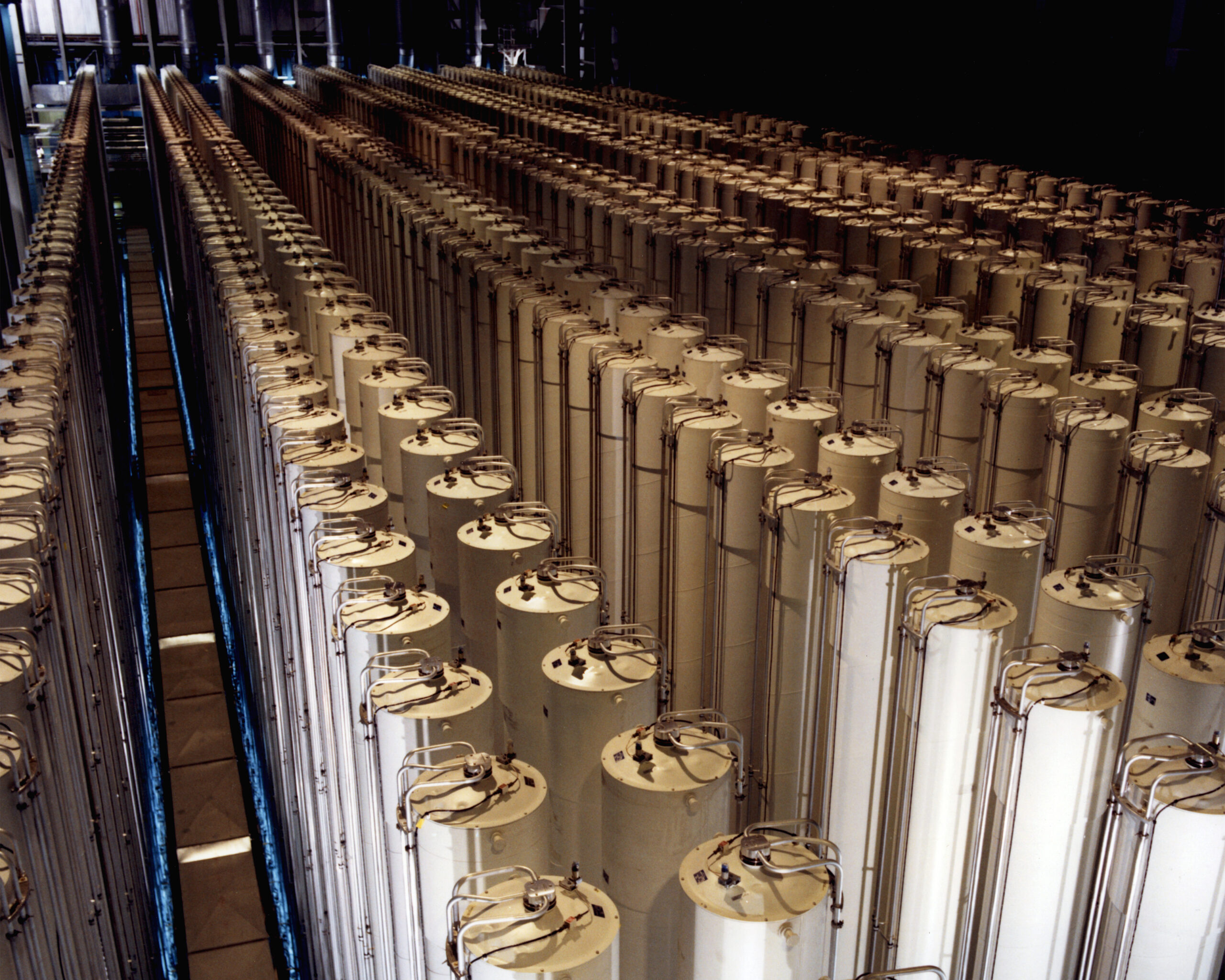 Since Niger contributes 5% to the world’s pool of uranium, it has put the world in a perplexing situation where problems can arise. According to the website of the French nuclear fuel company Orano, Cominak is a joint venture between the government of Niger and Orano in the Arlit mine and Akouta mine.
Since Niger contributes 5% to the world’s pool of uranium, it has put the world in a perplexing situation where problems can arise. According to the website of the French nuclear fuel company Orano, Cominak is a joint venture between the government of Niger and Orano in the Arlit mine and Akouta mine.